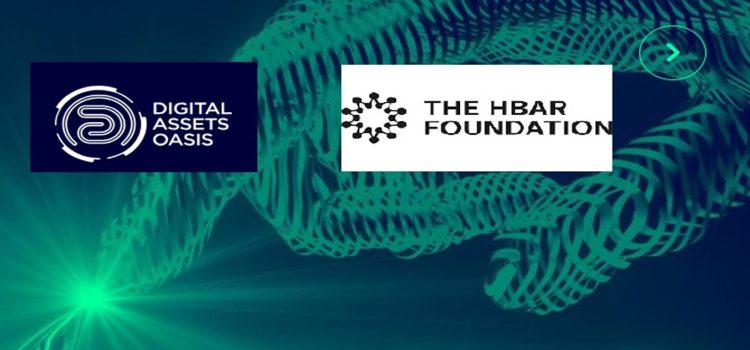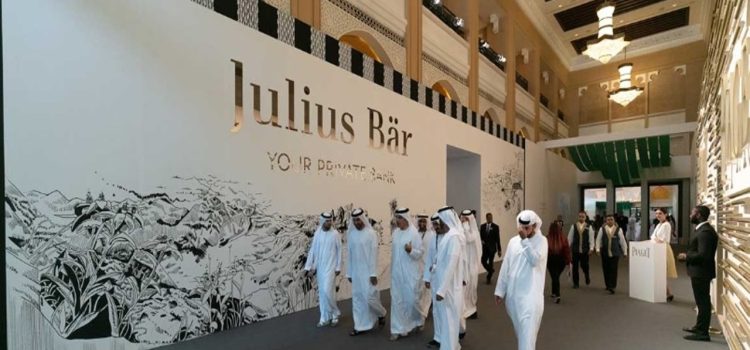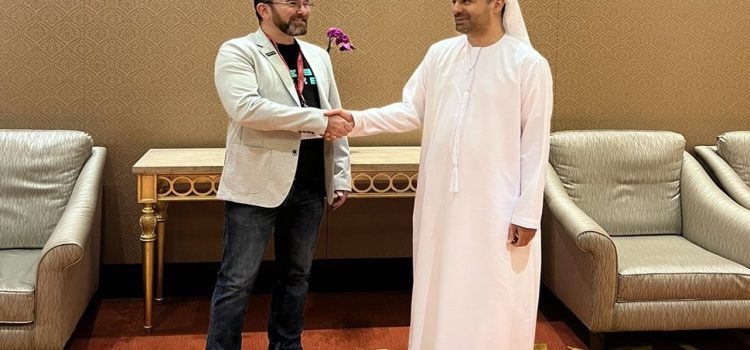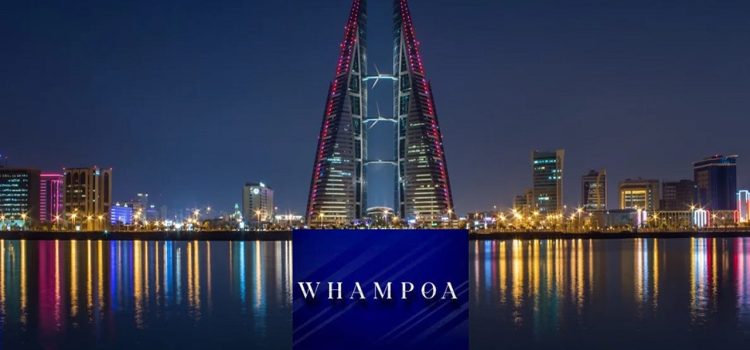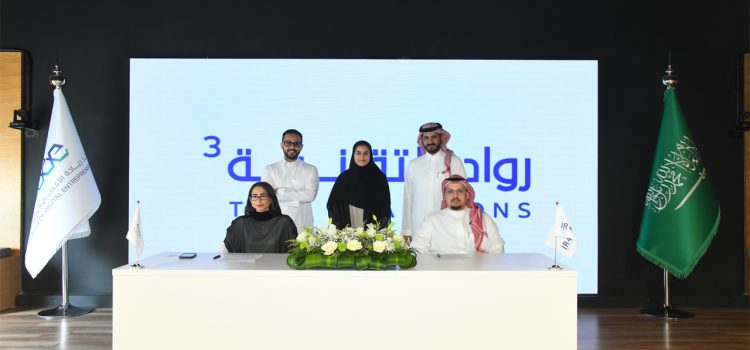
UAE’s RAK Digital Assets Oasis (Ras Al Khaimah DAO), the world’s first and only free zone dedicated to global digital and virtual assets companies, and The HBAR Foundation have signed of a Memorandum of Understanding (MOU). The HBAR Foundation will support RAK DAO ecosystem members to leverage the power of blockchain and build economies and applications on Hedera, the most used enterprise-grade public network.
This marks RAK DAO’s first operational relationship, bringing together the expertise and resources of both companies to provide direct and streamlined access to benefits within the Hedera ecosystem. These include a comprehensive grant program, financial backing processes, specialized expert support across technology, marketing and business development, and support to scale adoption and innovation of new ideas in the Web3 space.
“By creating and enabling the world’s first licensed Web3 ecosystem, we are facilitating the seamless exchange of information, connecting businesses across sectors, and paving the way for synergistic relationships to flourish. Together, we are unlocking a world of new possibilities, empowering entrepreneurs, and propelling innovation forward,” says His Highness Sheikh Mohammed bin Humaid bin Abdullah Al Qasimi, Chairman of RAK DAO. “This collaboration is a testament to our shared commitment to driving sustainable growth and shaping a future where Ras Al Khaimah emerges as a global leader in the digital economy.”
Together, RAK DAO and The HBAR Foundation will spearhead various initiatives in the Digital Assets Oasis ecosystem, including regular startup and scale-up pitching sessions, opportunities to connect with partners and investors, and explore avenues to launch joint projects such as venture studios or accelerators.
The HBAR Foundation grantees will also benefit from discounted set-up and licensing packages to establish themselves in RAK DAO, as well as access to effective banking solutions available to all members of the ecosystem. Both companies will work together dynamically to foster collaboration, fuel innovation, overcome barriers, and empower entrepreneurs in their journey to build the future of Web3 and blockchain technology.
“The United Arab Emirates has established itself as a dynamic hub for Web3 innovation, magnetizing global enterprises and top-tier talent. We eagerly anticipate joining forces to pioneer the future of the emerging technologies landscape,” says Shayne Higdon, CEO of the HBAR Foundation. “Through this exclusive relationship between The HBAR Foundation grantees and RAK DAO, we’re honored to provide grantees with greater access to the UAE whilst working together to establish RAK DAO as a major hub for the Web3 and digital assets sector.”








